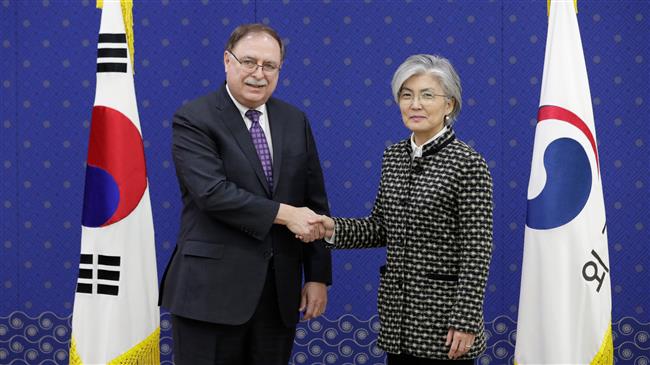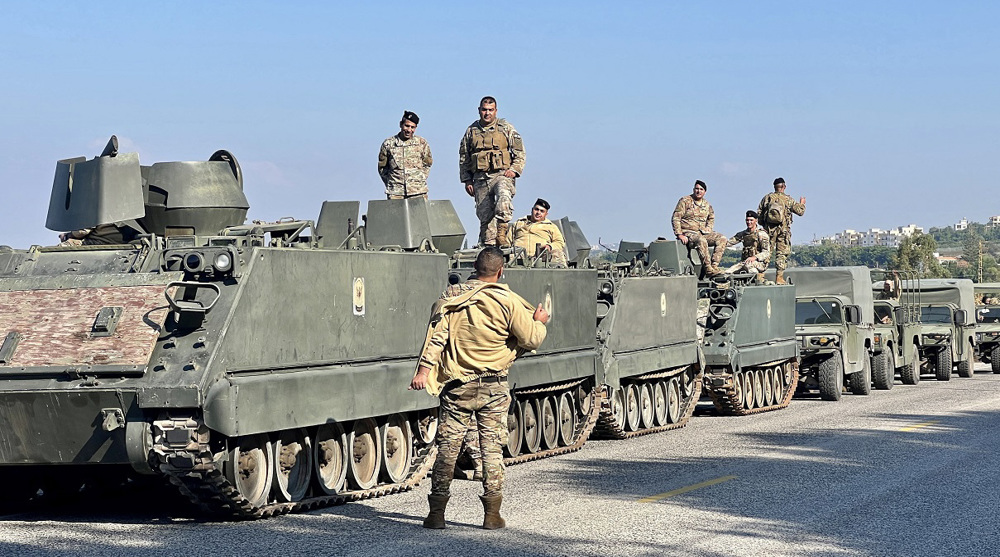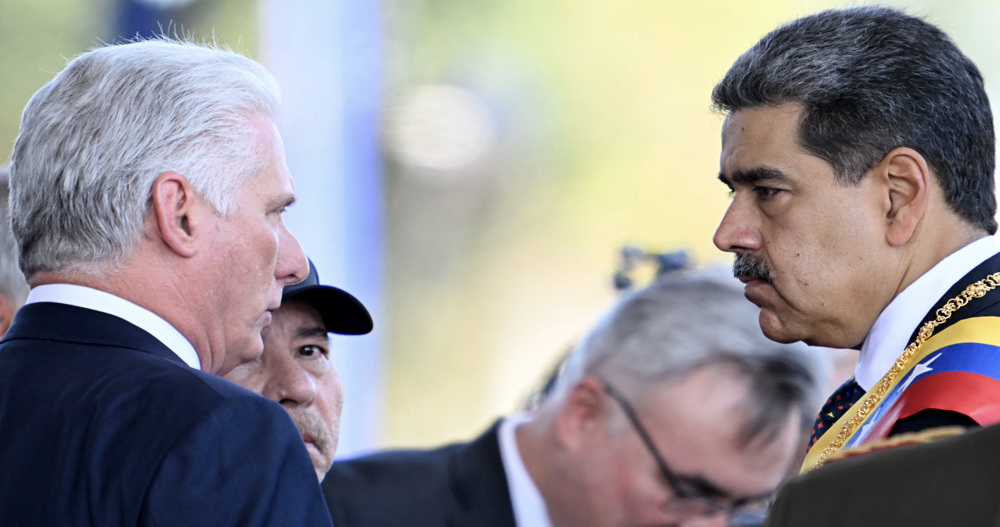South Korea signs deal to hike payment for US troops
South Korea has signed a new deal to hike payment for maintaining US troops on its soil after President Donald Trump demanded that Seoul defray the cost.
The agreement was signed Sunday, raising South Korea’s contribution to 1.03 trillion won ($890 million) from 960 billion won in 2018 for the operation of 28,500 US troops in the Asian country.
Last month, a senior source in South Korea's ruling party said negotiations had been deadlocked after the US made a "sudden, unacceptable" demand that Seoul pay more than 1.4 trillion won ($1.2 billion) per year.
Unlike previous agreements, which lasted for five years, the new one is scheduled to expire in a year and would potentially force both sides back to the bargaining table over their decades-long alliance within months.
“It has been a very long process, but ultimately a very successful process,” South Korean Foreign Minister Kang Kyung-wha told reporters before another official from the foreign ministry inked the agreement.
US State Department's senior adviser for security negotiations and agreements Timothy Betts said the money represented a small but important part of South Korea’s support for the alliance.
“The United States government realizes that South Korea does a lot for our alliance and for peace and stability in this region,” he said.
The new cost-sharing deal between Seoul and Washington will officially go into effect after it is approved by the South Korean parliament, which is expected to take place in April.
The US government, however, would not need congressional approval for the bilateral accord.
South Korea has shared the financial burden for the US military presence since the early 1990s. Late last year, the US military warned that Korean workers in its bases might be put on leave from mid-April if no deal was agreed.
The previous agreement signed in 2014 expired at the end of 2018.
Last year, the two allies failed to agree on a deal after some 10 rounds of talks and the stalemate fueled speculations that Trump might pull back some of US troops in South Korea.
Trump announced last Sunday that he had "no plans" to withdraw troops from South Korea, but said "maybe someday" he would withdraw them because it was "very expensive to keep troops there."
The presence of US troops, stationed in South Korea since the 1950-53 Korean War, is meant to counter alleged threats from North Korea.
The United States has also deployed two Terminal High Altitude Area Defense (THAAD) launchers to South Korea, sparking weeks of protests in the Asian country.
Back in October, Trump criticized Seoul for failing to finance the controversial deployment of the American missile system.
The Sunday deal is attributed to a decision to focus efforts on diplomacy with North Korea ahead of a second summit between Washington and Pyongyang later this month.
In their first summit last year, Trump and North Korean leader Kim Jong-un reached a vague denuclearization agreement and the ensuing talks made little progress toward a negotiated settlement.
North Korea has complained that the US has done little to reciprocate its actions so far, including its dismantling of some weapons facilities and the freezing of nuclear and missiles tests.
Pyongyang has also denounced the United States' "gangster-like behavior" by the US, saying Washington has betrayed the spirit of the June summit by making unilateral demands on denuclearization, while keeping the sanctions in place.
Houthi: Israel 'failed miserably' in onslaught on Gaza Strip
European carmakers warn against EU-US trade war
Biden's 'empty threats' let Israel get away with carnage: US journalist
Pro-Israel judge to replace Lebanon's new PM as ICJ head
VIDEO | Press TV's news headlines
VIDEO | Israel turns Netzarim Corridor into a death trap
VIDEO | Gaza ceasefire: People express mixed feelings in Khan Yunis
VIDEO | California wildfire havoc: People concerned over housing shortage












 This makes it easy to access the Press TV website
This makes it easy to access the Press TV website